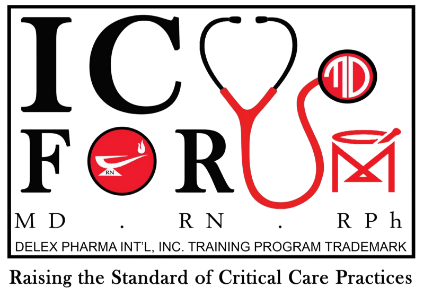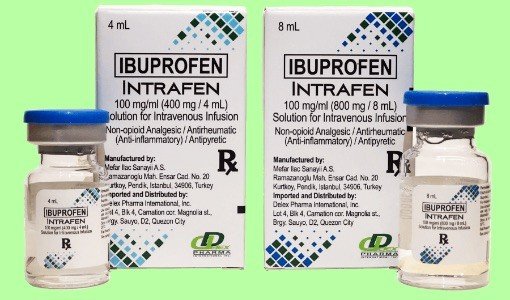
CHATROOM
MARGINAL GAINS CONCEPT IN ACUTE STROKE MANAGEMENT FOCUS ON INTRACEREBRAL HAEMORRHAGE DURING PANDEMIC
Speaker: Alejandro Bimbo F. Diaz MD, FPNA
In the height of the COVID-19 pandemic, challenges in stroke management have also increased, which has posed complicated situations among neurologists. However, professionals in the field of neurology are dedicated and have taken rounds in reinforcing its initiatives to handle Intracerebral Hemorrhage (ICH) during the global health crisis.
Gearing towards an excellent practice in the management of ICH patients amidst the coronavirus, the ICU Forum team has extended its platform to engage healthcare professionals with innovative approaches. Hence, it has implemented a webinar with one of the seasoned neurologists in the country— Dr. Alejandro Bimbo Diaz. He has demonstrated the significance of the aggregation of marginal gains concept in acute stroke administration, focusing on ICH. Correspondingly, recognizing and curtailing the potential delays in ICH management can make the difference between life and death, critical exhaustion, and complete recovery of the patient.
Before delving into the key issues of the marginal gains concept, Dr. Alejandro has demonstrated the Hemorrhagic Stroke focus on ICH. According to him, hemorrhagic is more fatal than Ischemic stroke. The study also shows that the criteria for hemorrhagic stroke are measured through the increase of hematoma size by about 38%. He expressed that the enlargement of hematoma poses a challenge to neurologists. However, they aim to keep intracerebral hemorrhagic stroke to be just a medical hematoma and will not fall to surgical hematoma.
Meanwhile, the application of the marginal gains concept has projected several problems encountered in the treatment of ICH patients amid the COVID-19 crisis. Various uncertainties were identified, which has exposed challenges to acute neurologic care, including acute stroke regulation. Seemingly, the fear of hospitals during the pandemic as one of the reasons for the obstruction in the treatment. Aside from the latter concern, terminal cleaning of CT scan or MRI facilities also delays in the procedure.
Dr. Alejandro has also shared the common reasons for the delay of Hospital Consultation among patients with stroke symptoms. It includes the awareness, finances, fear of viral infection, transportation availability, and strict security checks, and may other patient-related concerns. Moreover, he expressed that the delay in Hospital Consult is projected for 6 to 24 hours.
In addressing the problems experienced by neurologists, St. Luke’s group has designed a stroke care algorithm in the Philippines during the pandemic. The program requires the use of Personal Protective Equipment (PPE) prior to examining the patients in the Emergency Room (ER) regardless of COVID-19 status. The practice of demonstrative modifications is also essential for the team member role design, triage strategies for proper allocation and utilization of PPEs, and equipment consideration. Evaluation and management must still be done within the shortest possible time to minimize brain damage among ICH patients. All patients referred to the stroke team is treated as possible or suspected COVID-19 case throughout the pathway until workup results are released.
Enjoy learning by watching the video above!



